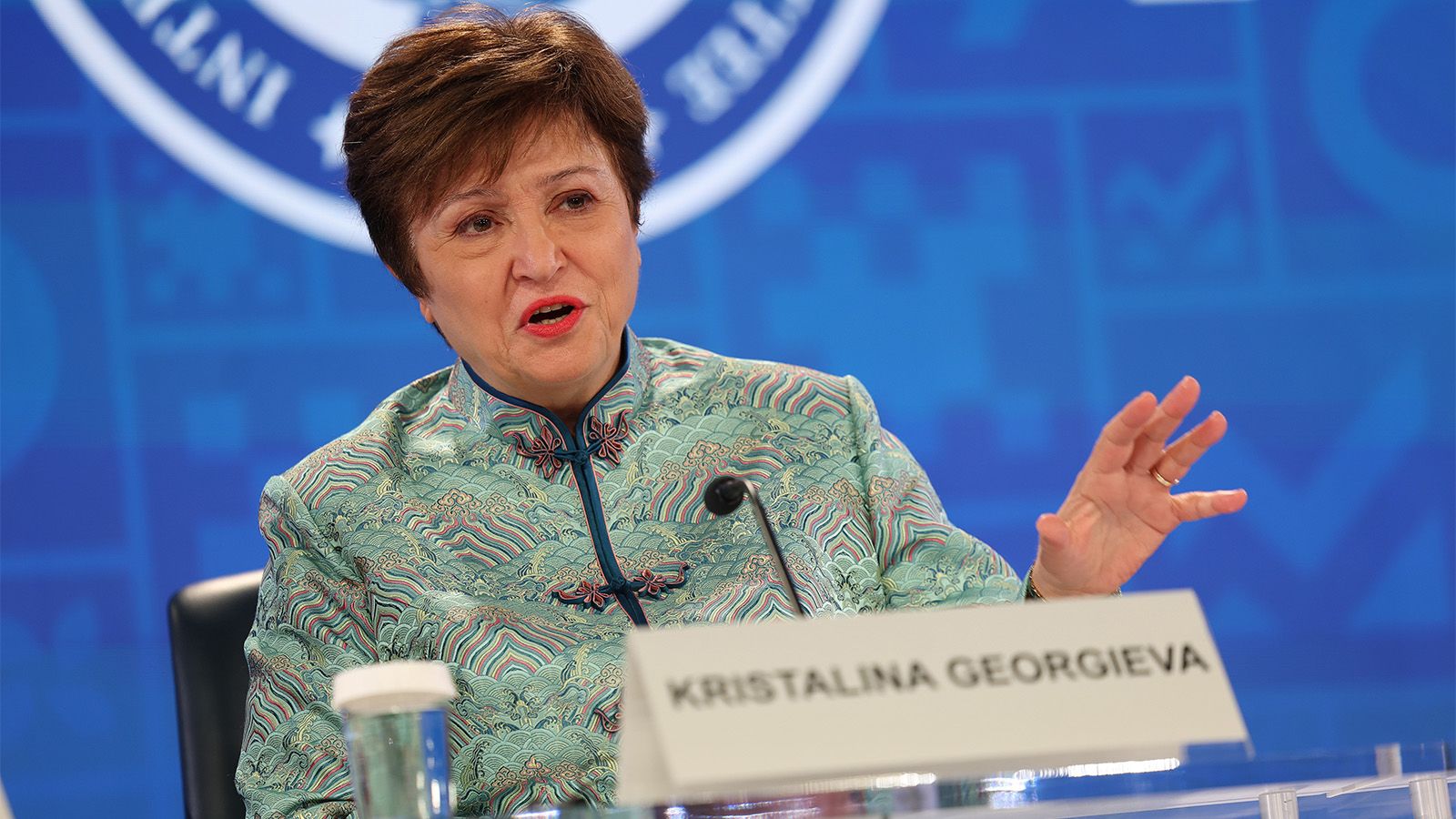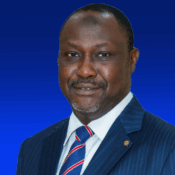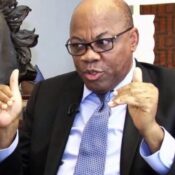
IMF Calls on Nigeria and Other African Countries to Strengthen Fiscal Reserves and Adopt Reform for Inclusive Growth
Nigeria and other African countries have been advised by IMF’s Georgieva to expand their tax bases and create robust fiscal shock buffers.
In an effort to mitigate the impact of global headwinds and promote long-term inclusive growth, Kristalina Georgieva, managing director of the International Monetary Fund (IMF), urged Nigeria and other African nations on Thursday to strengthen fiscal buffers, implement context-specific monetary policies, and promote regional economic cooperation.
At the current World Bank/IMF Spring Meetings in Washington, Georgieva made the claim at the opening of the IMF’s most recent Global Policy Agenda Report, “Anchoring Stability and Promoting Balanced Growth.”
She urged for a renewed commitment to structural changes and emphasized the continent’s mixed growth prospects.
“Don’t hide behind excuses and say we can’t go for more tax because, you can,” she remarked, expanding on her remarks about budgetary reforms. There are numerous ways to increase the tax base and decrease tax evasion and avoidance. When the necessary infrastructure is in place, it is a very excellent idea to use technology to pursue tax revenue, as some nations are doing.
While Africa still has some of the fastest-growing economies in the world, Georgieva noted that many low-income and fragile governments were lagging behind, particularly in the face of slowing global growth and growing geopolitical concerns.
“The African continent has some of the fastest growing economies in recent years, but we have also seen low-income countries, particularly those affected by fragile conflicts, falling further behind, and now this is a shock for the continent,” she continued.
Georgieva said that although trade restrictions had little direct impact on the majority of African nations, they had more significant indirect effects, especially on oil-exporting nations like Nigeria, due to a slowdown in global economy.
“The indirect impact of tariffs is quite significant, but the direct impact on most of Africa—not all of Africa—is relatively small,” Georgieva said.
They would be downgraded if global growth slowed, assuming all other factors remained the same. In fact, we have reduced the continent’s economic prospects since declining oil prices put more strain on the budgets of oil producers like Nigeria. In contrast, this is a welcome change for the oil importers.
Stated differently, many nations encounter distinct obstacles. If I had to list a few fundamental suggestions that are applicable to Africa, I would say that they are applicable to Ghana, Nigeria, Egypt, and Cote d’Ivoire. Start by keeping up the process of increasing your buffer levels. There is still plenty that can be done to strengthen the economy and provide buffers in case of a shock. Don’t make any excuses.
The managing director of the IMF urged Nigeria and other African governments to take further action to increase their revenue base and use digital tools to address leaks. Instead of imitating regional counterparts, she cautioned against copycat monetary policies and urged central banks to react in accordance with country-specific inflation pressures.
Regarding monetary policy, she continued, “you have to really assess what your inflationary pressures are domestically and do the right thing for your country. You can no longer look at the book of the central bank governor of the neighboring country and say, ‘Oh, they’re doing this, let’s try out the same.'”
Georgieva also fervently urged Africa to change its reputation abroad, claiming that war and corruption in one nation have a lasting impact on the entire continent.
She went on, “But more importantly, change the perception of the entire continent because everyone is now suffering from wrongdoing, corruption, or conflict in one country, which casts a shadow over the rest of the continent.” Lastly, similar to Asia, there is a need to reduce barriers and strengthen interregional commerce and cooperation.
She also praised World Bank initiatives to remove trade barriers related to infrastructure and emphasized the significance of increasing intra-African commerce, equating the continent’s potential to that of Asia.
“There are times when they are infrastructure barriers,” she continued. In order to increase commerce, the World Bank is attempting to lower the barriers related to infrastructure.
The world has so much to gain from Africa. They have a youthful population, superior resources, and minerals. A more cohesive and cooperative continent can, in my opinion, become a major economic force.
All Categories
Recent Posts
Tags
+13162306000
zoneyetu@yahoo.com



